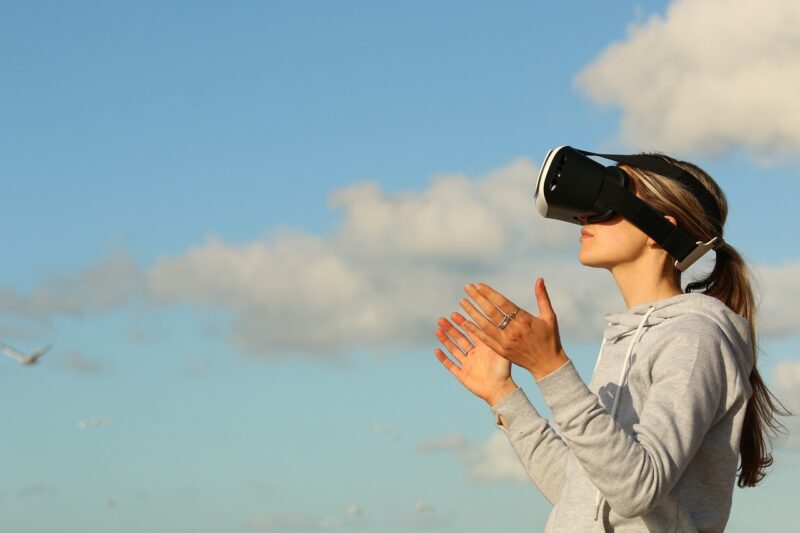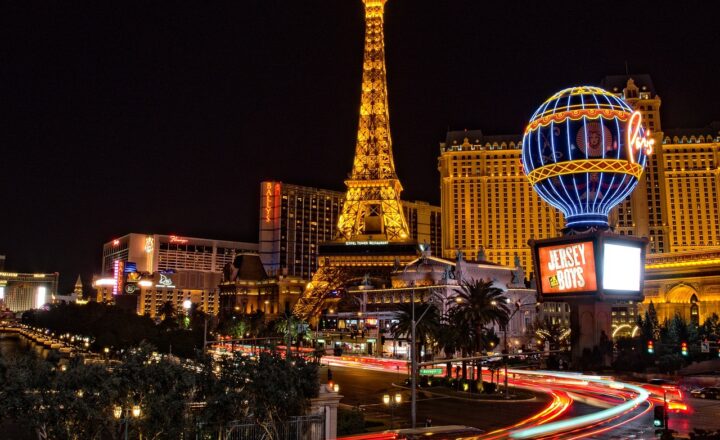The Dark Side of Reality Shows from the 2000s and the Secrets They Hid
November 12, 2024

Reality television exploded in popularity in the 2000s, transforming the way audiences consumed entertainment. Shows like Survivor, Big Brother, and The Osbournes captivated viewers around the globe. However, beneath the glitz and glamour, many of these shows were not as innocent as they seemed. This article takes a closer look at the dark side of 2000s reality shows, unveiling the secrets that were often hidden from the spotlight.
1. The Manipulation of Reality
Despite the term ‘reality,’ these shows often relied heavily on scripting and manipulation to create drama. Producers had the power to control which moments aired, often editing footage to misrepresent the events and interactions of the participants.
Many contestants, at times unwittingly, became part of a narrative crafted by producers rather than their authentic selves. For instance, the casting calls for shows involved selecting individuals not just for their potential chemistry but also for their capacity to stir conflict. Producers didn’t simply seek entertaining personalities; they looked for those willing to challenge each other dramatically on-screen.
As a result, the phenomenon of the “villain” and the “hero” quickly emerged, leading to negative portrayals that impacted those involved in the long run.
2. The Psychological Impact on Participants
Reality shows often pushed participants to their limits, both physically and emotionally. The rigorous filming schedules, coupled with intense scrutiny from producers and the public, led to severe psychological stress for many contestants. Reports emerged of contestants facing mental health challenges, exacerbated by the public’s perception and criticism of their actions on-screen.
Moreover, contestants sometimes faced challenges that prompted them to act against their moral compass, leading to regret and emotional distress long after the cameras stopped rolling. Contestants like those from The Real World and The Bachelor later opened up about their struggles with anxiety and depression, illustrating how the reality show industry often prioritized entertainment over the mental well-being of its participants.
3. The Dark Marketing Tactics
Reality shows have often used marketing strategies that can be viewed as unethical. Shows frequently profit from contestants’ misfortunes and conflicts, creating storylines that attract viewers through sensationalism. Public feuds encouraged by producers led to increased viewership, allowing the shows to thrive.
In many cases, contestants found themselves embroiled in real-life drama that was deliberately exaggerated for ratings. With a lack of guidelines and ethical standards, producers could push boundaries to keep audiences glued to their screens, often at the contestants’ expense.
Additionally, product placements and partnerships were often highlighted in episodes, transforming participants’ experiences into marketing collateral without their full awareness. Viewers remained unaware that what they were watching was not only a pursuit of fame but a carefully crafted advertisement.
4. The Aftermath: Fame or Infamy
While some participants became household names and launched successful careers, many others faced severe backlash and ostracization after their shows ended. The sudden transition from anonymity to fame was not always for the better; it often invited public scrutiny and harassment.
For instance, contestants from The Real World faced immense challenges in adjusting to life after the show, where they were no longer protected by the narrative shield of production. Many found it difficult to reconnect with friends and family who struggled to understand their public personas.
Even when shows aimed to create positive narratives, the reality remained: the competition and dramatic portrayals took a toll on relationships and personal lives. Many contestants struggled to find peace after their fifteen minutes of fame ended.
5. Unethical Treatment and Exploitation
Reports surfaced about how contestants were treated while filming, often spotlighting unregulated environments where mental health was overlooked. Some reality show contestants revealed experiences of manipulation and exploitation, highlighting how producers could dictate scenarios leading to conflicts that put their safety at risk.
Regarding shows like Fear Factor, the challenges faced by participants often tipped towards the dangerous side, with some enduring physical harm or emotional distress due to negligence or lack of proper oversight.
The very design of these shows risked contestant safety while exploiting their vulnerabilities for the sake of entertainment, underlining just how far some would go to generate compelling content.
6. Reality TV as a Reflection of Society’s Morals
The popularity of reality shows also prompts viewers to reflect on societal morals and values. The admiration for drama, conflict, and extraordinary situations often promotes negative stereotypes and harmful narratives around various social issues. Shows that thrived on sensationalism reinforced problematic behaviors, from glorifying toxic relationships to mocking individuals based on their vulnerabilities.
Critics argue that reality television has contributed to the erosion of healthy media consumption by normalizing aggressive behavior and promoting shallow values over deep human experiences. As viewers consumed these narratives, it shaped their understanding of what was acceptable behavior, distorting perceptions of reality.
Conclusion
The 2000s reality show phenomenon continues to influence popular media and culture. Though they voyeuristically fascinated audiences, they concealed troubling truths that demand examination. From manipulation and psychological harm to exploitation and social implications, the dark side of reality television reveals a landscape where entertainment often outweighs ethics.
As we binge-watch our favorite guilty pleasures, it’s essential to remember the human stories behind the edited segments and sensational narratives. The journey of reality television invites skepticism, encouraging viewers to contemplate what remains unseen, even in a world where authenticity is a prized commodity.







